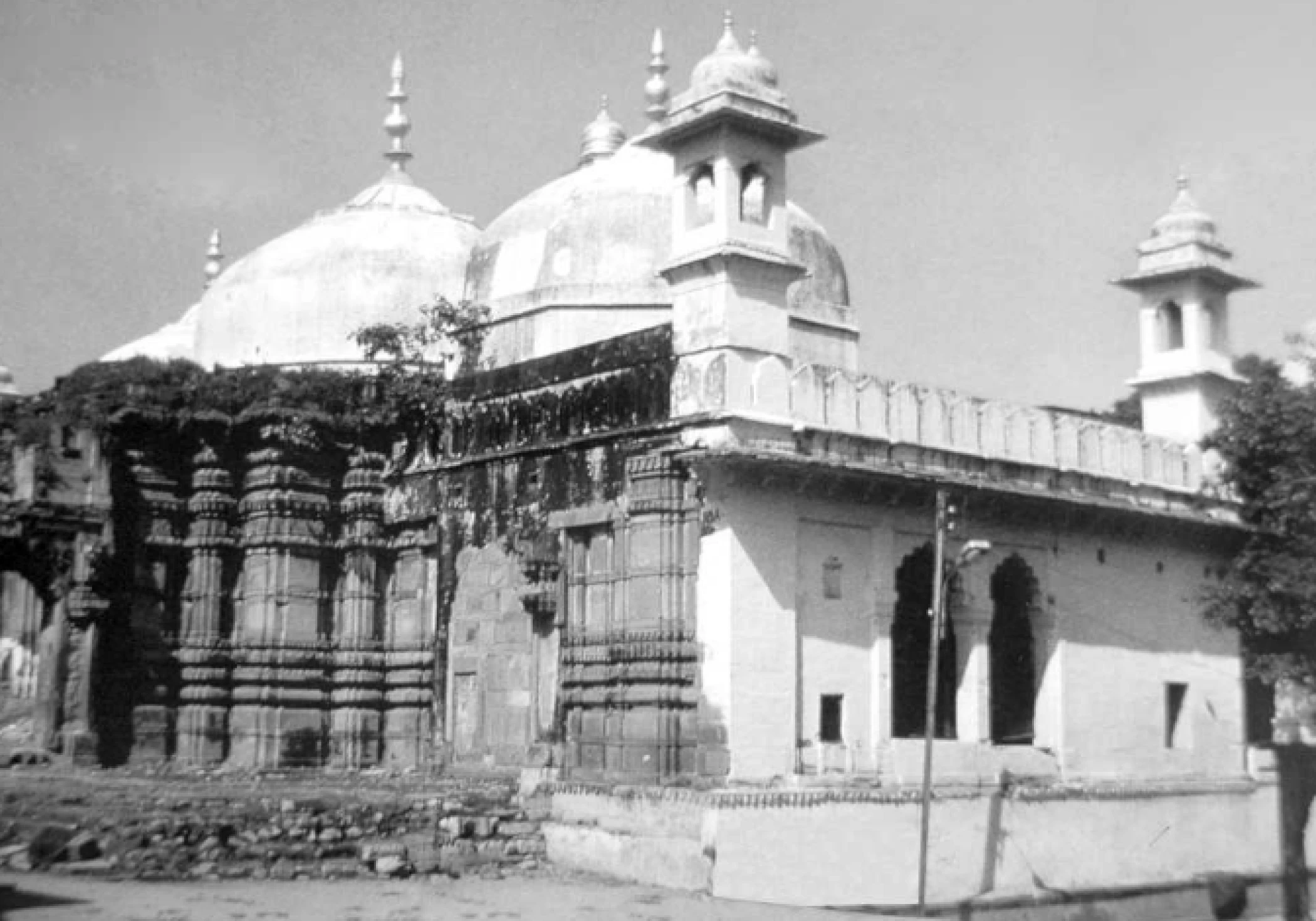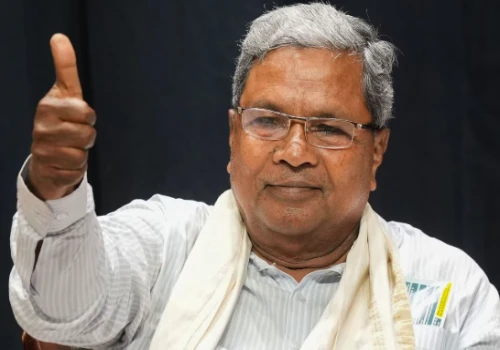
Varanasi: In a notable development, the survey report by the Archaeological Survey of India (ASI) on the Gyanvapi Mosque in Varanasi states that a sizable Hindu Temple existed before the construction of the current structure. The report further contends that components of the pre-existing temple, including pillars, were utilized in building the present Gyanvapi Mosque. It's important to highlight that the ASI undertook a scientific survey of the Gyanvapi complex in Varanasi, following the Varanasi District Judge's order on July 21, to determine if the mosque was built on the site of a pre-existing Hindu temple. On August 4, 2023, the Supreme Court declined to prevent the Archaeological Survey of India (ASI) from examining the Gyanvapi Mosque in Varanasi, with the exception of the 'wuzukhana' area where a 'shivling' was reportedly discovered last year.
Acknowledging an assurance from the ASI that no excavation would occur at the site and that no harm would be inflicted on the structure, the court granted permission for the survey to proceed. This decision came as a resolution to the petition presented by the Anjuman Intezamia Masjid Committee, the entity overseeing the Gyanvapi Mosque in Varanasi. The petition contested the order of the Allahabad High Court dated August 3, which had sanctioned the ASI survey.
On July 21, 2023, the Varanasi District Judge instructed the Director of the Archaeological Survey of India (ASI) to carry out a "scientific survey" of the Gyanwapi Mosque premises, excluding the previously sealed area (wazukhana). The purpose was to ascertain whether the mosque was constructed on top of a pre-existing structure of a Hindu Temple. This directive was affirmed by the Allahabad High Court on August 3, 2023.











